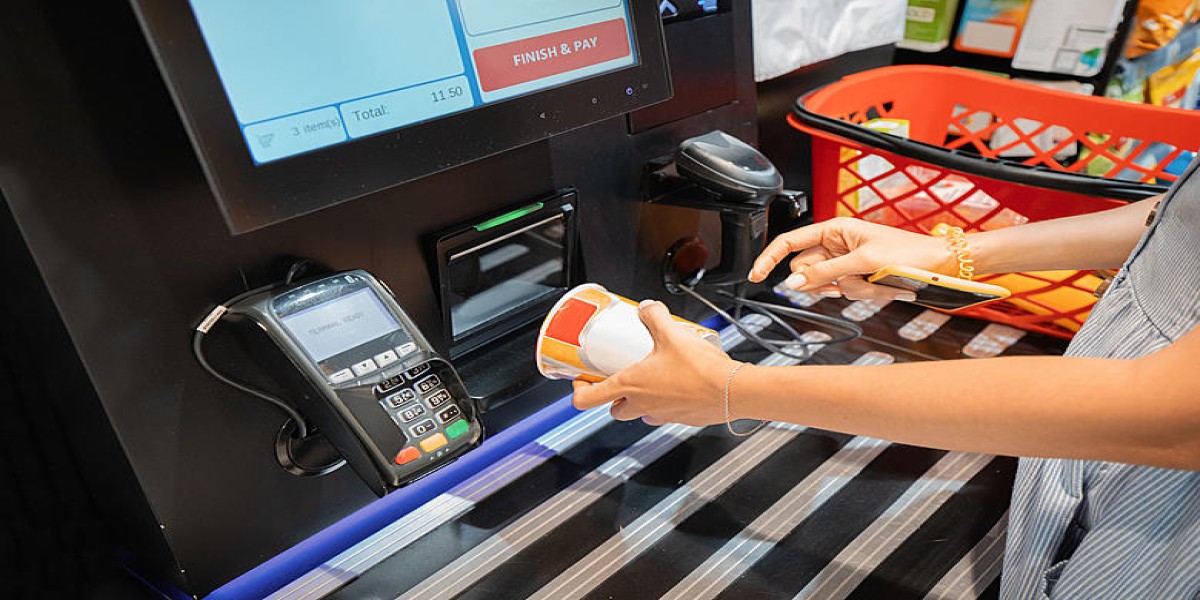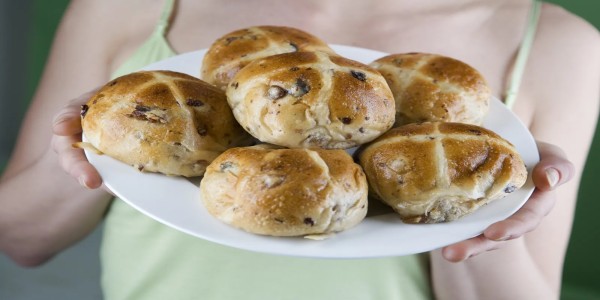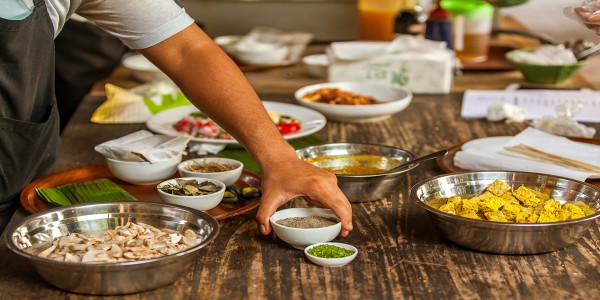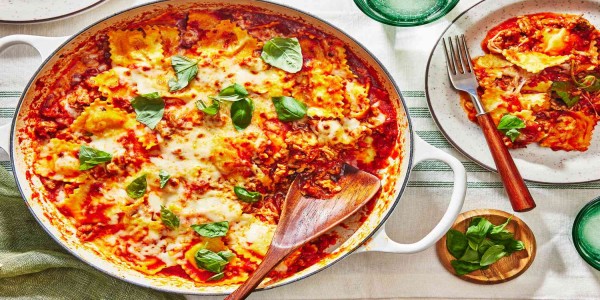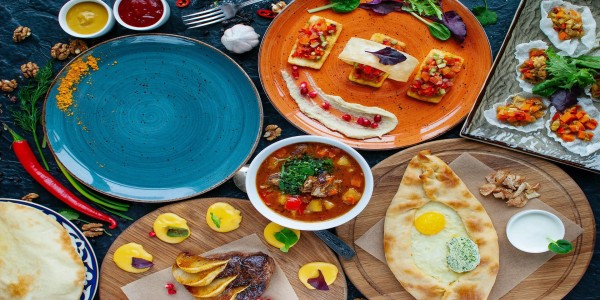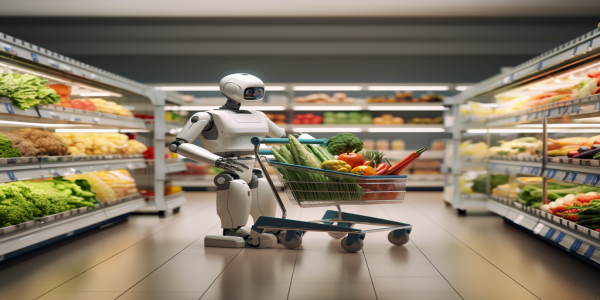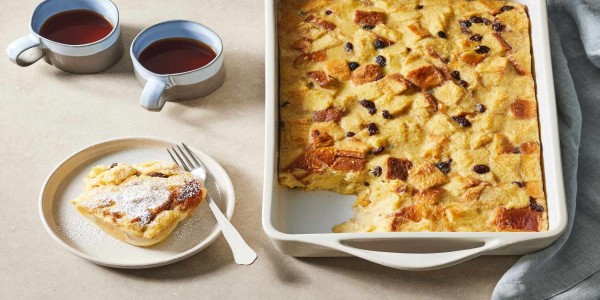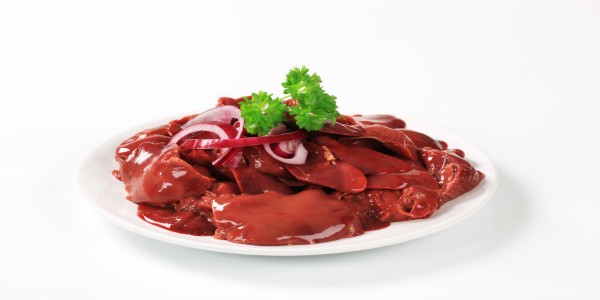A Morning at the Self-Checkout and a Look Ahead: Food Is the Future
I am at the store at 8:30 in the morning. Except for a few sleepy-eyed shoppers picking up milk, bread, and maybe something like ambition, it is quite quiet during that odd, in-between hour. It is quiet, strangely serene, and even giving in its nothingness. Unfortunately, there is not a single person working the checkout lanes, which are lit up like a Broadway audition.
"All green card holders to checkouts, all green card holders—if you can be arsed," a tired voice stretches over the aisles over the tannoy. Like a shrug over the intercom, it is hesitant. As one of the countless anonymous foot soldiers in the steady march toward automation, I inevitably shuffle to the self-checkout station.
Get your bag ready. Open the bag. Scan your loyalty card. Beep. Item in the bag. Beep. Item in the bag. Bong. "An unexpected object in the bagging section." Like a lighthouse in a hazy sea of digital apathy, the little light flickers hopeful. Nobody shows up. The light eventually turns green once more, and I continue, like a gear in a machine that hums softly.
I look back at the line that is growing behind me, baskets grasped like lifebuoys, faces taut with the strain of the early morning. As the world tilts toward a future where even small conversation at the checkout becomes outdated, I have personally stood there in that line of mute impatience.
When the Greeting Is Replaced by the Machine
You begin to question: is this it? When they move your avocados across the scanner, will no one ask, "Do you need a bag today?" or give you a half-smile? Will we voluntarily forgo the small talk at the checkout for the heartless expediency of doing it ourselves?
However, occasionally there is a unique jewel behind the counter—a cashier who interacts with customers and perhaps even assists with packing in addition to scanning. The gap between individuals who perceive their function as robotic and those who perceive it as human is immediately apparent. Those exchanges have a delicate dignity. You sense it.
However, technology continues to advance. You can place your order at McDonald's without having to speak to anyone. Electric vans with robot couriers who bring packages to your door without a signature or a grin are being tested on science programs. The next thing might be drones. Not to mention Alexa, my devoted but rather suspicious kitchen partner who is good for a song but is said to be an unsettlingly skilled eavesdropper.
From Toy Robots to Kitchens Packed with Technology
One Christmas, my brother Duncan and I opened identical black robot toys with red visors. To us back then, it was a wonder that they walked by themselves. Armed only with our imaginations and a strong confidence in their space-age power, we wasted no time in using them to terrorize our younger sister.
When compared to the modern kitchens, those early devices were childish.
You can now use your phone to view the contents of your fridge, create a digital grocery list, and receive alerts when your milk is ready to expire. Do you like fresher herbs? Harvest basil while you cook by setting up a nano garden on your counter. Are you craving something new? Beautiful textures and culinary designs that resemble science fiction made edible can be replicated using a 3D food printer.
The Spoon's Backstory
But even with all of this technological prowess, the dish's history still appeals to me. I would like to know where it started. In someone's life, not only in a cookbook. The inspiration moment. The kitchen of grandma. The village. The error that became a trademark sauce. Soup was the result of heartbreak.
Great chefs like Georges Auguste Escoffier created a common food language in addition to writing recipes. His Larousse Gastronomique is a time capsule as much as a book. Every meal has roots, which is why I care for my cookbook collection the same way others care for gardens.
Revising the Curiosity Curriculum
During exams in school, we constructed walls out of textbooks, protecting our answers like secrets. I never found the adage "it is not the winning, it is the taking part" to be accurate. Why would we raise our hands in the air in such frantic excitement each time a teacher asked a question if we had no interest in winning?
Human (and a Little Robotic) Is the Culinary Future
Food will be smarter, faster, and yes, occasionally frighteningly efficient in the future. The human touch—the stories, the scents, the mistakes, and the shared delight of a really good meal—can still be found in all of that. We still yearn for connection even if we scan our own groceries. On our plates, we still yearn for purpose.
Food will never be just fuel. It is a memory. It is a cultural thing. It is the gastronomic version of imagination.
And we will never lose the heart of it as long as we continue to communicate those stories—across kitchen counters, in busy marketplaces, and even through the buzzing lens of a smart oven.
